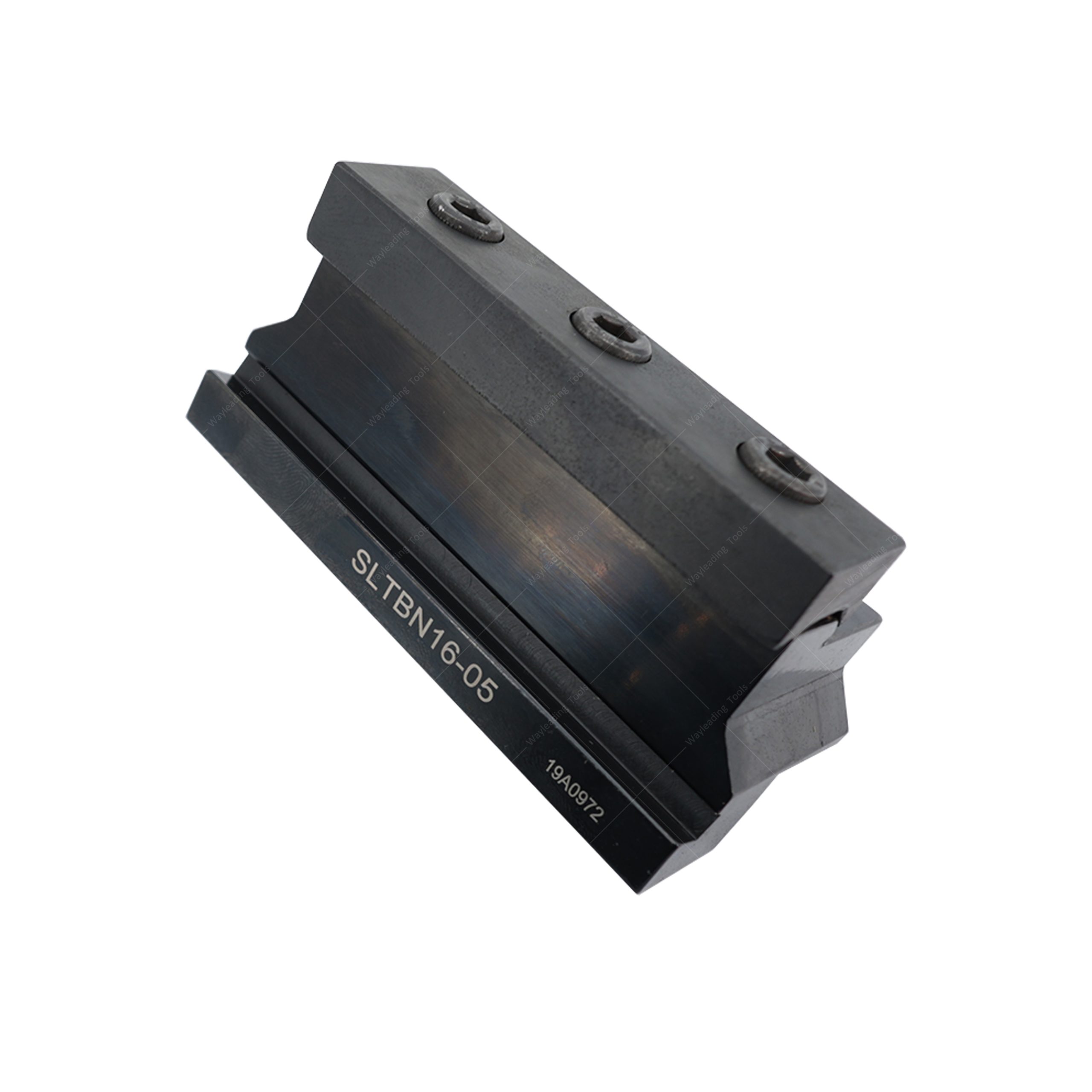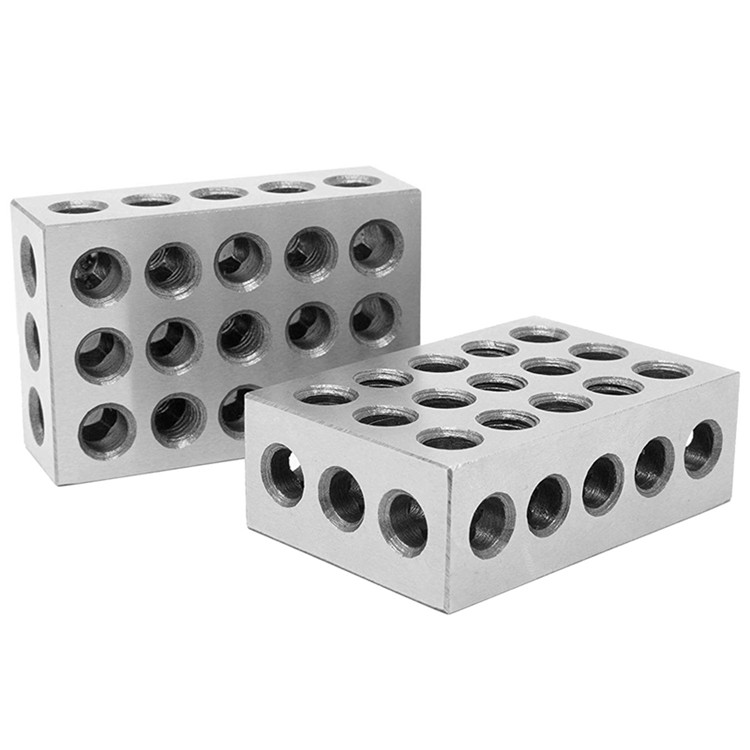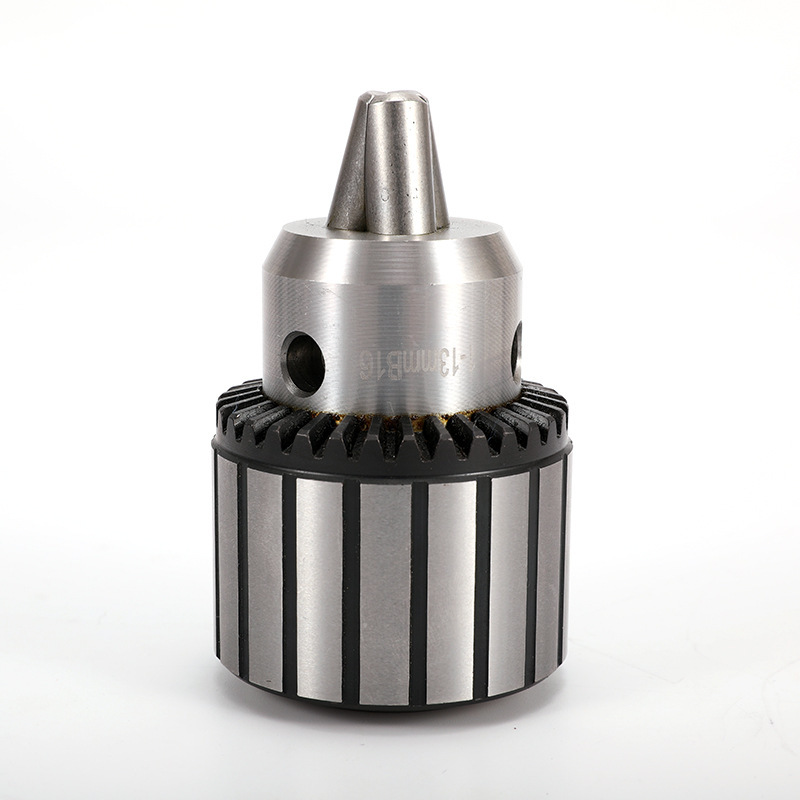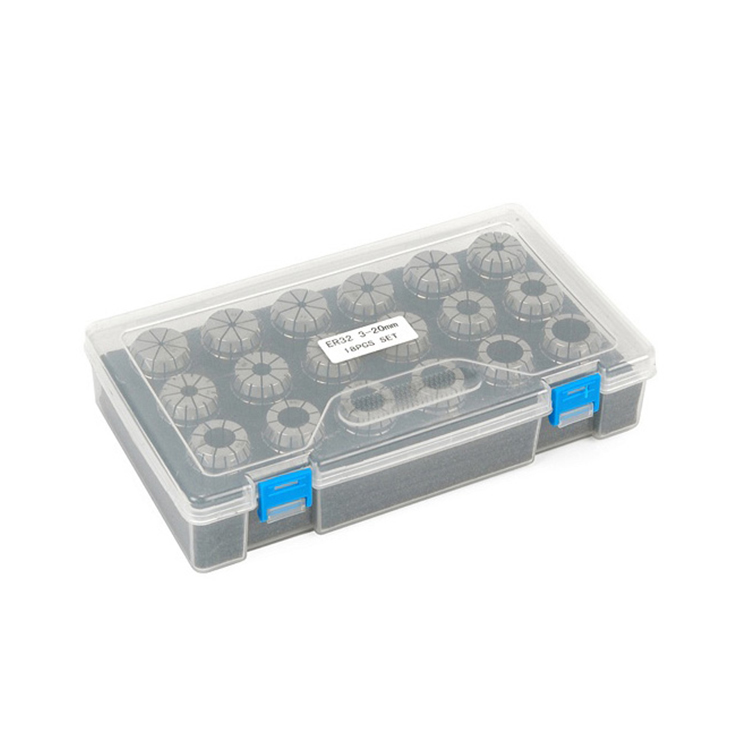Collets Supplier
A collet is a subtype of chuck forming a collar around an object to be held and exerting a strong clamping force on the object when it is tightened, usually by a tapered outer collar. Often used when an object needs to be held with precision, collets are essential components in various machining applications. This comprehensive guide explores the different types of collets, their applications, selection criteria, and maintenance tips, providing valuable insights for professionals seeking reliable collets supplier.
Understanding Collets: Types and Applications
Collets come in various designs, each tailored for specific applications. Understanding these types is crucial when choosing a collets supplier.
ER Collets
ER collets are arguably the most popular type, known for their versatility and wide range of sizes. They're used extensively in milling, drilling, and tapping operations. The 'ER' refers to 'External Round,' describing their outer shape. ER collets are available in sizes ER8, ER11, ER16, ER20, ER25, ER32, ER40, and ER50, covering a clamping range from 0.5mm to 34mm. Their self-releasing design and high precision make them a favorite among machinists.
The ER series collets are produced according to the DIN 6499 standard.
DA Collets
DA collets are another common type used for tapping and drilling. They are typically found in automatic screw machines and provide good accuracy and grip. DA collets are available in sizes like DA180, DA200, and DA300.
R8 Collets
R8 collets are specifically designed for Bridgeport-style milling machines. They are known for their simple design and ease of use. An R8 collet is tightened using a drawbar from the top of the milling machine.
5C Collets
5C collets are widely used in lathes and grinding machines. They offer excellent concentricity and gripping power. The 5C collet is a versatile and widely used type, available in fractional, metric, and square/hexagonal sizes.
Other Collet Types
Beyond these common types, specialized collets such as:
- Spring Collets: designed to have a certain degree of flexibility
- Expanding Collets: used to grip workpieces from the inside.
- Dead-Length Collets: ensure the workpiece doesn't move axially during tightening
Factors to Consider When Choosing a Collets Supplier
Selecting the right collets supplier is critical for ensuring the quality and reliability of your machining operations. Here are key factors to consider:
Quality and Precision
The primary consideration is the quality of the collets. High-quality collets offer better concentricity, gripping power, and durability. Look for suppliers who adhere to strict manufacturing standards and use high-grade materials. For example, Wayleading Tools, a reputable collets supplier, ensures that their collets are made from premium spring steel and undergo rigorous testing to meet industry standards.
Material
Most collets are made from spring steel, but different grades exist. High-quality spring steel ensures the collet can withstand repeated clamping forces without losing its elasticity or accuracy. Check with the supplier about the specific type of steel used.
Range of Sizes and Types
A good collets supplier should offer a wide range of sizes and types to accommodate various machining needs. This includes standard sizes as well as specialized collets for unique applications. Having a broad selection simplifies the procurement process and ensures you can find the right collet for every job. Consider if the supplier can provide custom sizes if needed.
Price and Value
While price is important, it shouldn't be the only factor. Consider the overall value, including the quality of the collets, the supplier’s reputation, and the level of customer service. A slightly more expensive collet that lasts longer and provides better accuracy can be more cost-effective in the long run. Request quotes from multiple suppliers and compare not just the prices but also the specifications and warranties.
Supplier Reputation and Reliability
Choose a collets supplier with a strong reputation for reliability and customer service. Look for reviews and testimonials from other customers. A reliable supplier will provide timely delivery, responsive support, and handle any issues promptly and professionally. Check if the supplier has certifications or quality assurance programs in place.
Lead Time and Availability
Consider the supplier's lead time and availability of products. A supplier with a large inventory and efficient logistics can ensure that you get the collets you need when you need them, minimizing downtime. Ask about their stock levels and typical delivery times.
Maintaining Collets for Optimal Performance
Proper maintenance is essential to prolong the life and maintain the accuracy of your collets. Here are some best practices:
Cleaning
Regularly clean your collets to remove chips, dirt, and coolant residue. Use a soft brush and a suitable cleaning solution. Avoid using harsh chemicals that could damage the steel. Clean both the inside and outside of the collet, as well as the collet chuck.
Inspection
Inspect collets regularly for signs of wear, such as cracks, rust, or deformation. Replace any damaged collets immediately. Even small imperfections can affect accuracy and gripping power.
Lubrication
Apply a thin layer of lubricant to the collet to prevent corrosion and ensure smooth operation. Use a lubricant specifically designed for machining applications.
Storage
Store collets in a clean, dry place to prevent rust and damage. Use a collet rack or case to keep them organized and protected.
Choosing the Right Collet for Your Application
Selecting the correct collet depends on several factors, including the type of machining operation, the material being machined, and the required level of precision. Here's a table to help guide your selection:
| Application | Recommended Collet Type | Notes |
|---|---|---|
| Milling | ER Collets, R8 Collets | ER Collets are versatile; R8 Collets are specific to Bridgeport-style mills. |
| Turning | 5C Collets, DA Collets | 5C Collets offer excellent concentricity. |
| Grinding | 5C Collets | 5C Collets provide precise holding. |
| Tapping | DA Collets, ER Collets | DA Collets are suitable for automatic screw machines; ER Collets with tapping chuck. |
Finding a Reliable Collets Supplier: Wayleading Tools
When searching for a collets supplier, consider Wayleading Tools. We offer a comprehensive range of high-quality collets designed to meet the demanding needs of modern machining operations. With a focus on precision, durability, and customer satisfaction, Wayleading Tools is a trusted partner for businesses seeking reliable collet solutions. Wayleading Tools not only supplies the collets, but also offer a full set of solutions.
Conclusion
Collets are essential components in precision machining, and selecting the right collets supplier is vital for ensuring optimal performance. By understanding the different types of collets, considering key factors like quality and reputation, and implementing proper maintenance practices, you can maximize the efficiency and accuracy of your machining operations. Whether you need ER collets, 5C collets, or specialized solutions, a reputable collets supplier like Wayleading Tools can provide the products and support you need to succeed.
Disclaimer: This article provides general information about collets and collets supplier. Consult with a professional before making any decisions related to machining operations.
Source: DIN 6499 standard
Related products
Related products
Best selling products
Best selling products-
 HSS Metric Plain Metal Slitting Saws For Industrial
HSS Metric Plain Metal Slitting Saws For Industrial -
 HSS Annular Cutters With Weldon Shank For Metal Cutting
HSS Annular Cutters With Weldon Shank For Metal Cutting -
 Parting & Grooving Tool Block For NCIH Blades
Parting & Grooving Tool Block For NCIH Blades -
 Precision 1-2-3, 2-3-4 or 2-4-6 Block With 1 And 11 And 23 Or None Hole
Precision 1-2-3, 2-3-4 or 2-4-6 Block With 1 And 11 And 23 Or None Hole -
 Precision Digital Bore Guage From 6-450mm Range
Precision Digital Bore Guage From 6-450mm Range -
 HSS Inch 4 Flute End Mills With Bright Or TiN And TiAlN Coated
HSS Inch 4 Flute End Mills With Bright Or TiN And TiAlN Coated -
 Precision V Block Set With M Type
Precision V Block Set With M Type -
 Precision Monoblock Fine-Adjustment Vernier Caliper Of Metric & Imperial For Industrial
Precision Monoblock Fine-Adjustment Vernier Caliper Of Metric & Imperial For Industrial -
 Round Die Wrench For Thread Cutting Tools
Round Die Wrench For Thread Cutting Tools -
 Depth Vernier Gauge With Stainless Steel And Monoblock Depth Type
Depth Vernier Gauge With Stainless Steel And Monoblock Depth Type -
 9PCS Broken Tap Extractor Set With Storage Box
9PCS Broken Tap Extractor Set With Storage Box -
 Precision 2pcs Angle Blocks Set With High Quality Type
Precision 2pcs Angle Blocks Set With High Quality Type
Related search
Related search- gear cutter Supplier
- SDUC boring bar Factories
- Solid Carbide Drill Bit Suppliers
- High-Quality reduction sleeves
- speedy drill with quick release carbide cutting head Suppliers
- dial test indicator Factory
- 90 degree indexable end mills Factory
- Wholesale angle blocks
- iso threading insert Factories
- High-Quality carbide inserts









